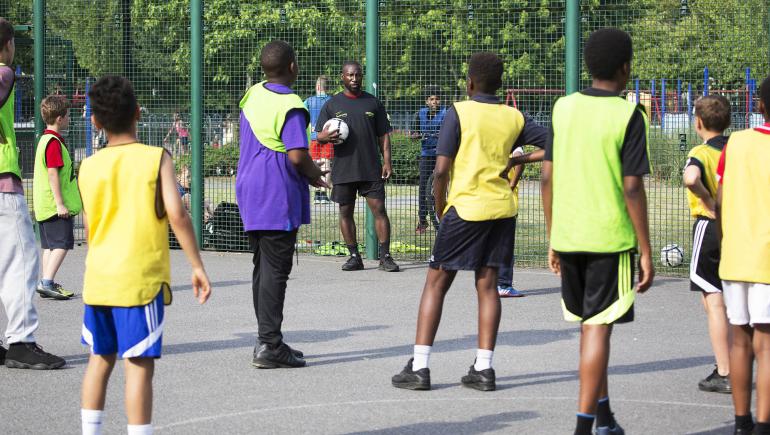Community sport must become more easily accessible online if it is to increase BAME participation, according to research conducted by the Sport and Recreation Alliance.
Forty per cent of BAME participants surveyed reported negative experiences of their local sport and leisure clubs in terms of customer service – well over double the number of white British participants (14%) who reported the same.
Over half (55%) of survey respondents from minority backgrounds said that better online information about local opportunities would make them more likely to participate or volunteer in sports clubs and physical activity.
Sport and Recreation Alliance CEO, Emma Boggis, commented: "Organisations big and small need to consider what they can do to make their work and activity appealing and welcoming to all. This could be as simple as how a new participant is welcomed to an activity or class or perhaps being sensitive to cultural differences among participants.
"Our research also reinforced a belief that the sector needs to embrace technology to engage all communities and get those who are inactive, active."
Responding to the survey's findings, Arun Kang, CEO of Sporting Equals, said: "The low levels of customer service satisfaction from BAME communities in the research is a little worrying because we will only grasp this opportunity if sports providers learn, understand and have the confidence to meet the diverse needs of our increasingly diverse population.
"Our research suggests that a significant proportion of this population will increasingly move to engage in sports activity essentially through faith and community-based settings. This is largely due to a greater need among BAME communities to participate where they are confident that their cultural and religious needs will be met and respected.
"However, this should not mean that staff at sports providers should not equip themselves with the knowledge and understanding of diverse communities to ensure that those who do take up their services have the best possible experiences so that they return."
One project aiming to reduce the barriers to people engaging in physical activity – in particular the perceived lack of online access – is a Sport England-funded initiative called Open Active, led by the Open Data Institute.
The project encourages leisure operators, local clubs and national governing bodies to make their anonymised data available, so that it can be used by tech providers to increase access – as has happened in other industries such as travel.
Boggis added: "Ultimately, we want sport and physical activity to be as easy to book as a cinema ticket or a table at a restaurant.”












